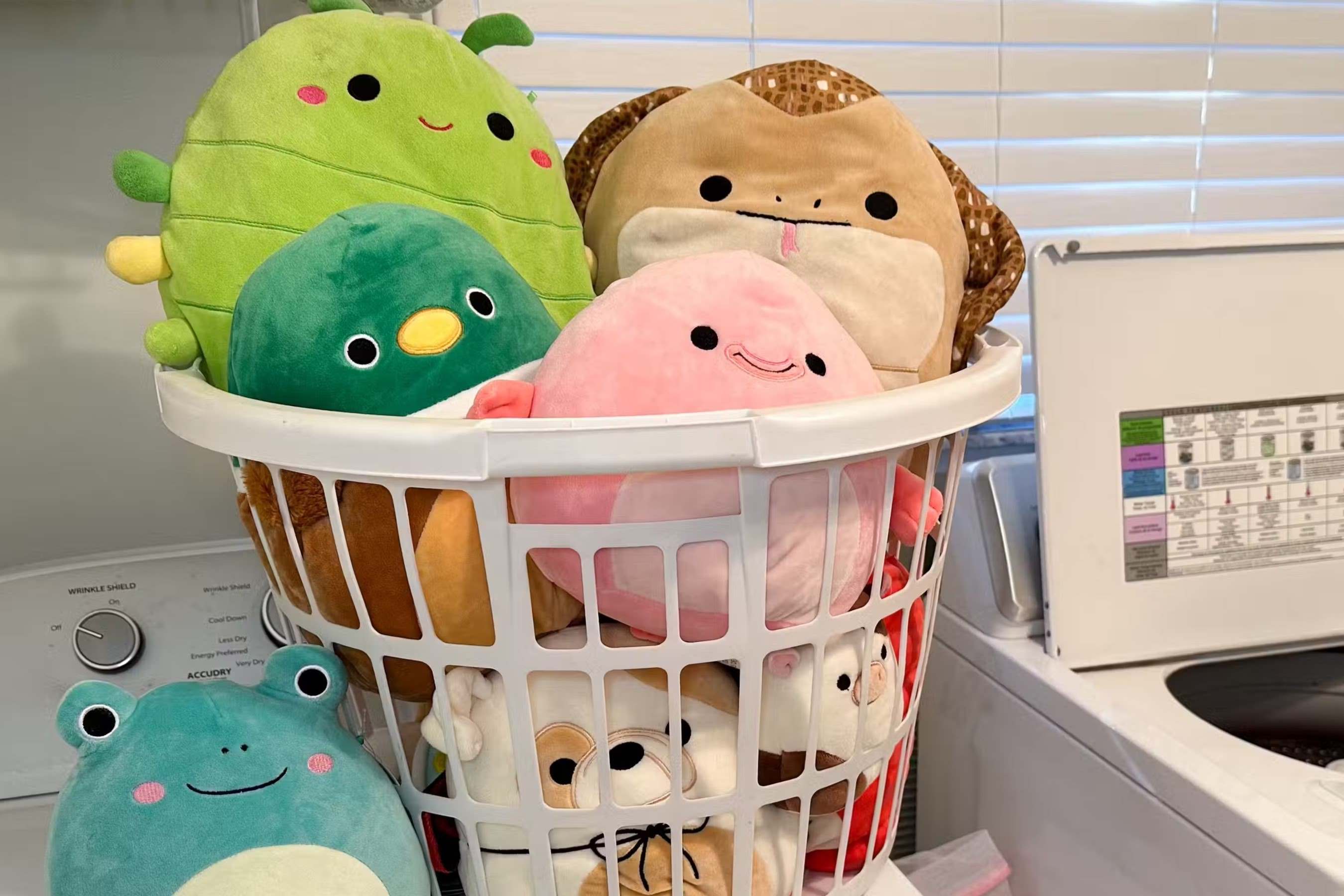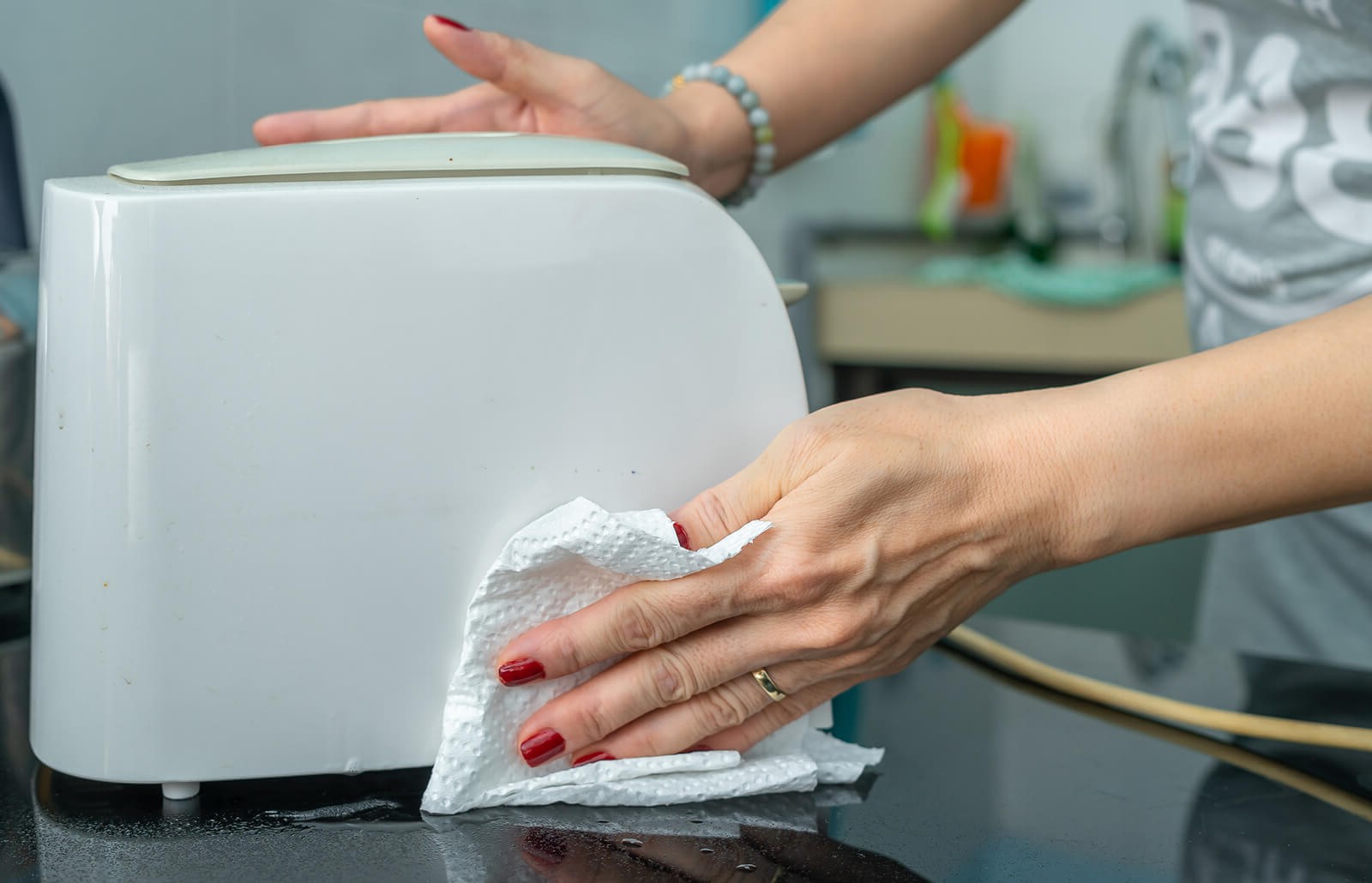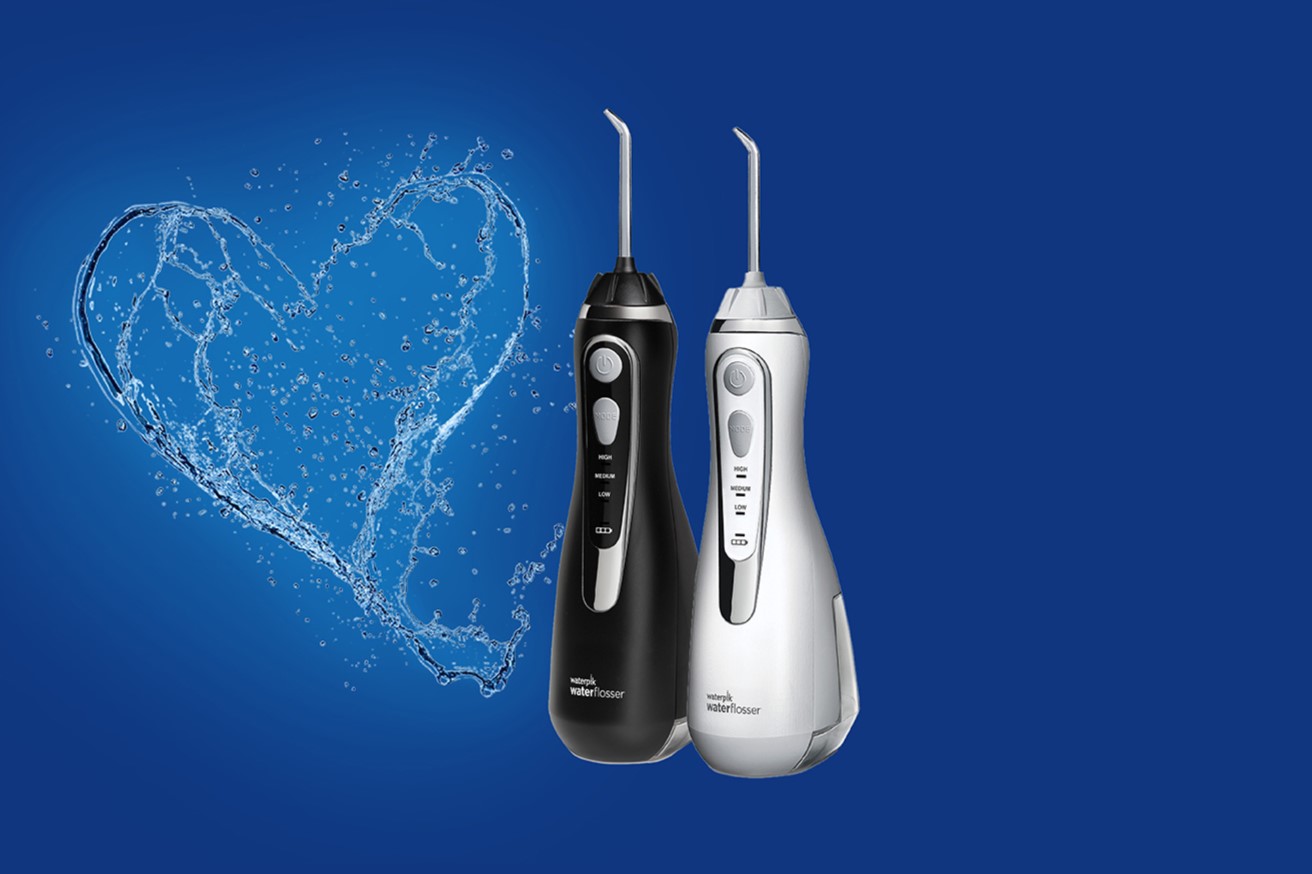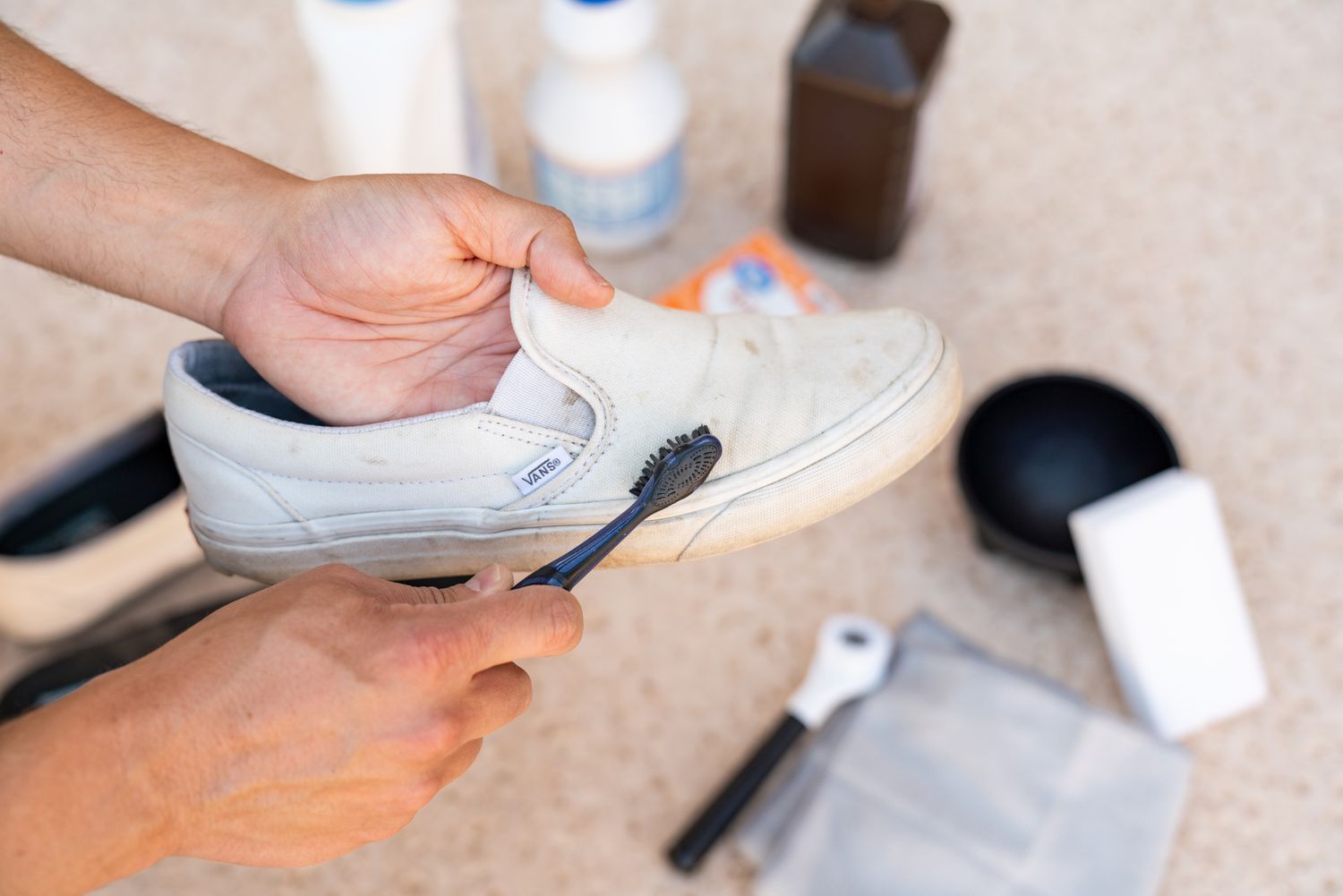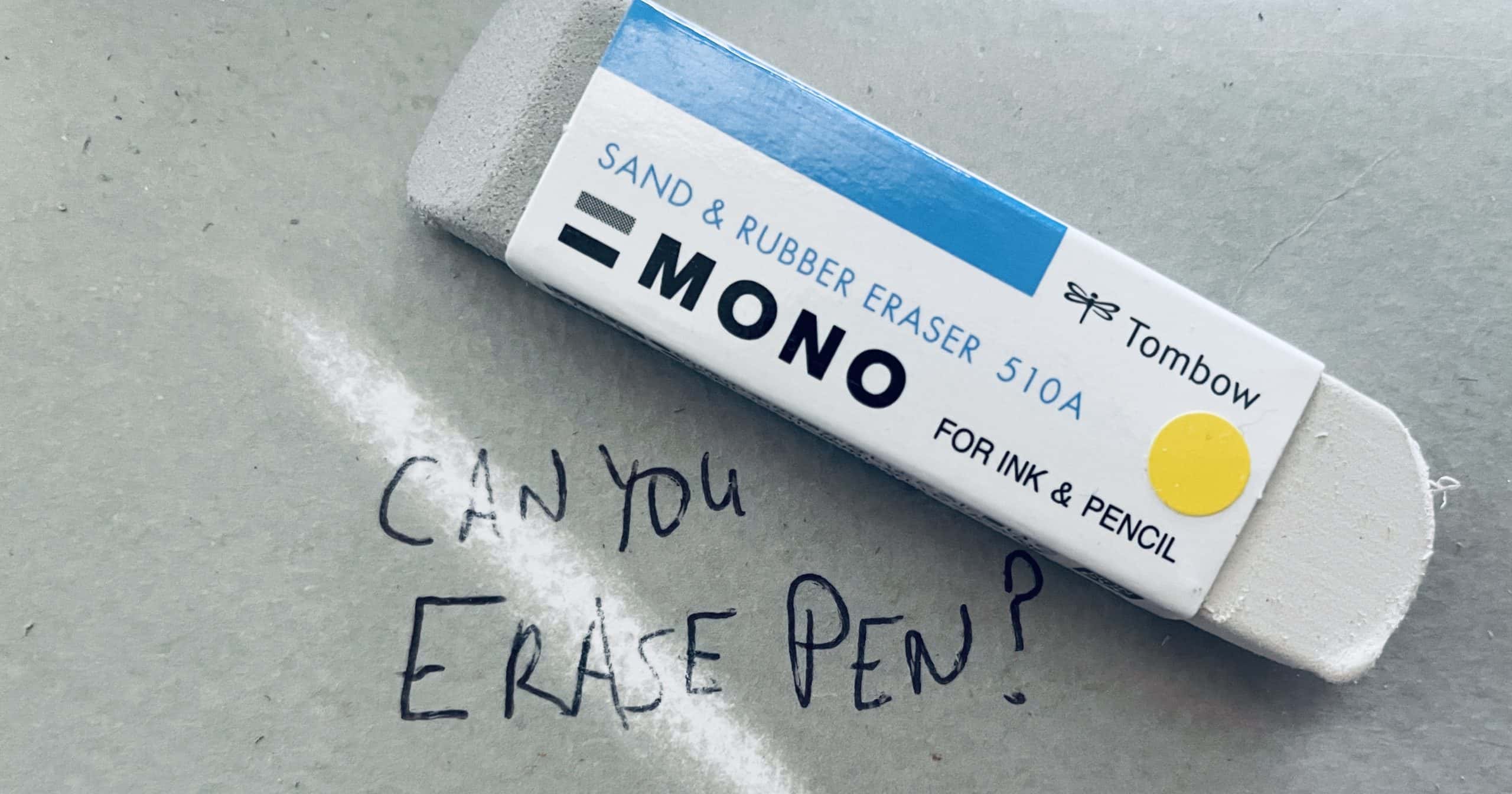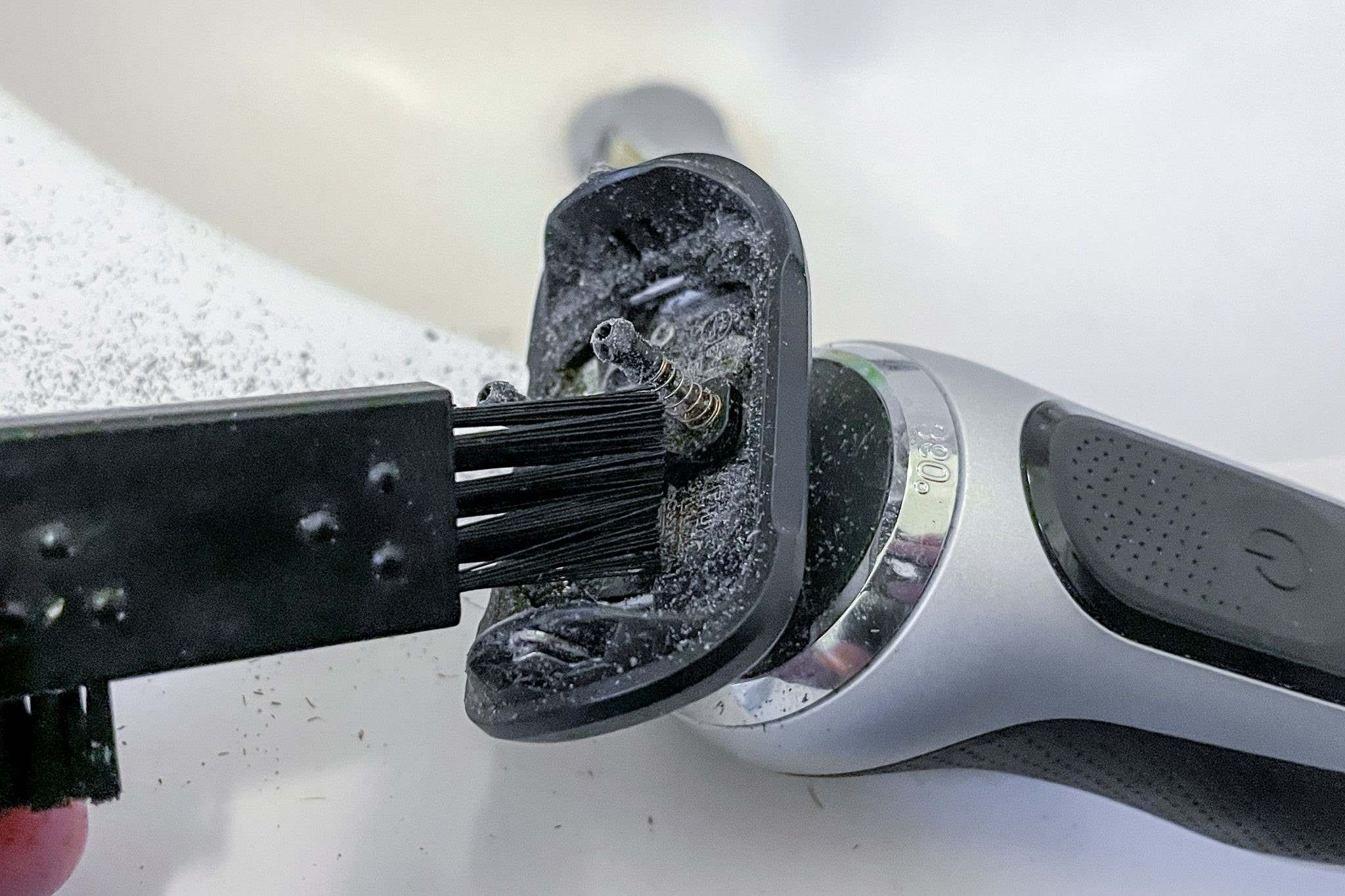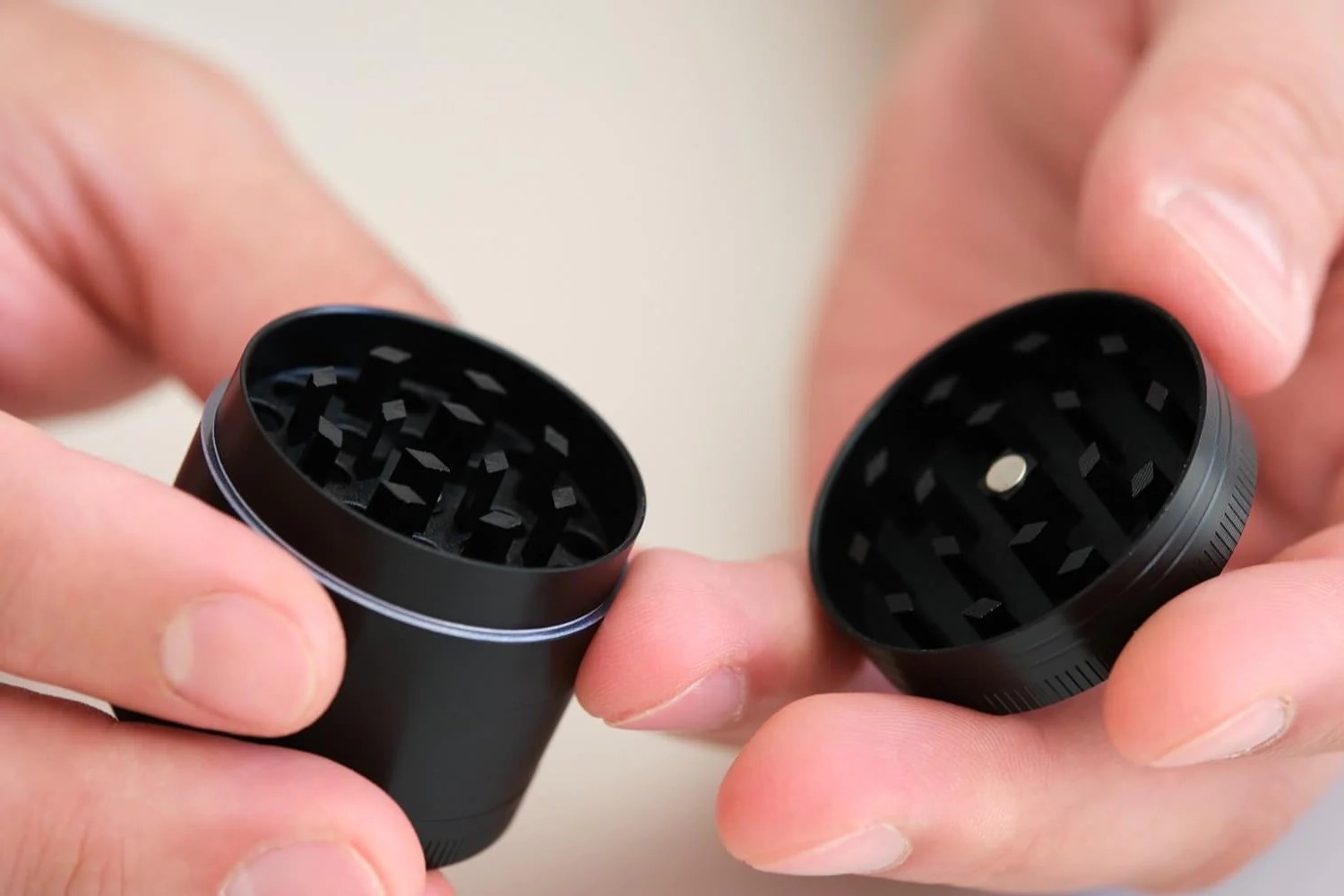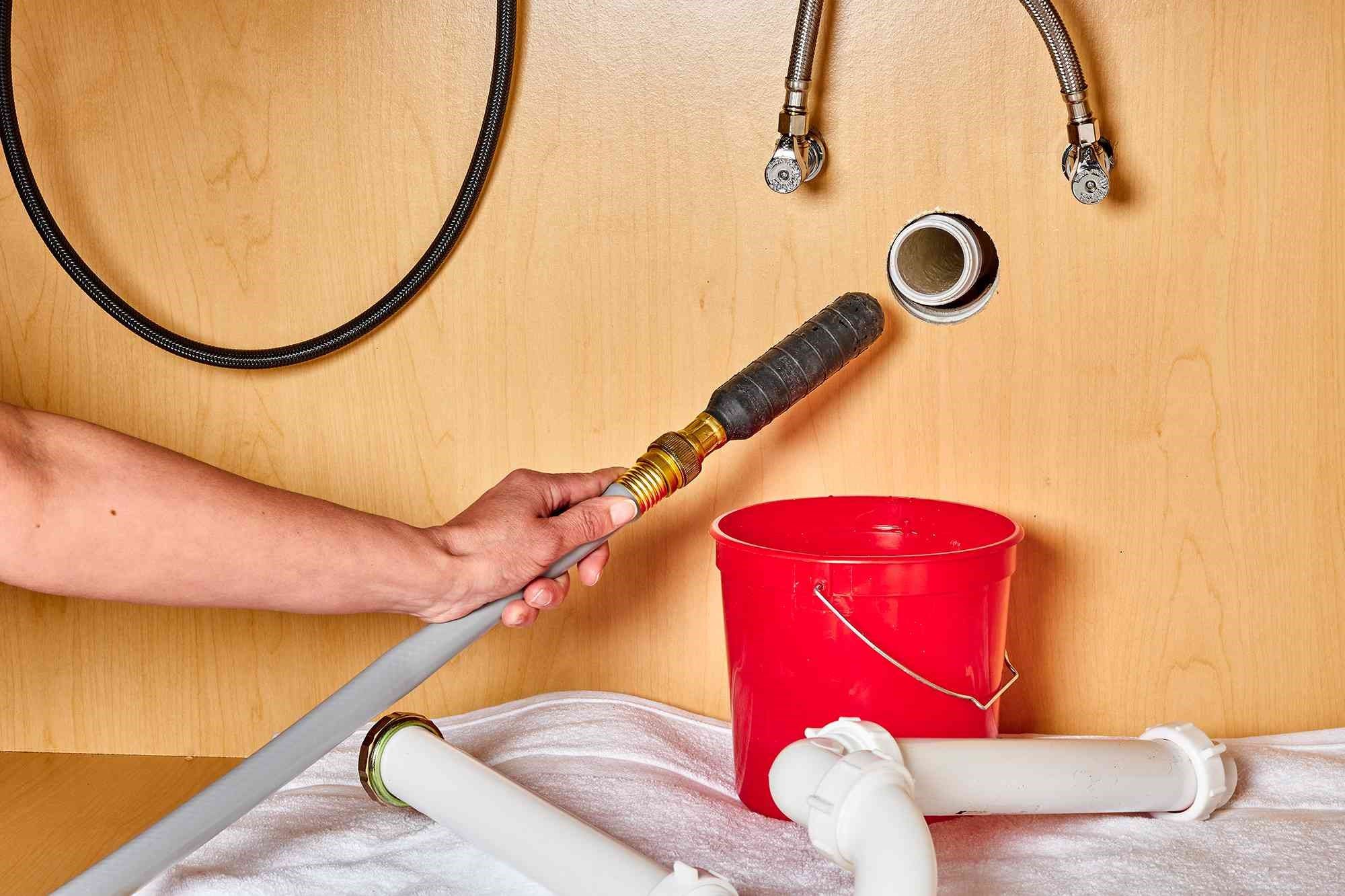Home>Parenting and Children>How To Clean Newborn Tongue
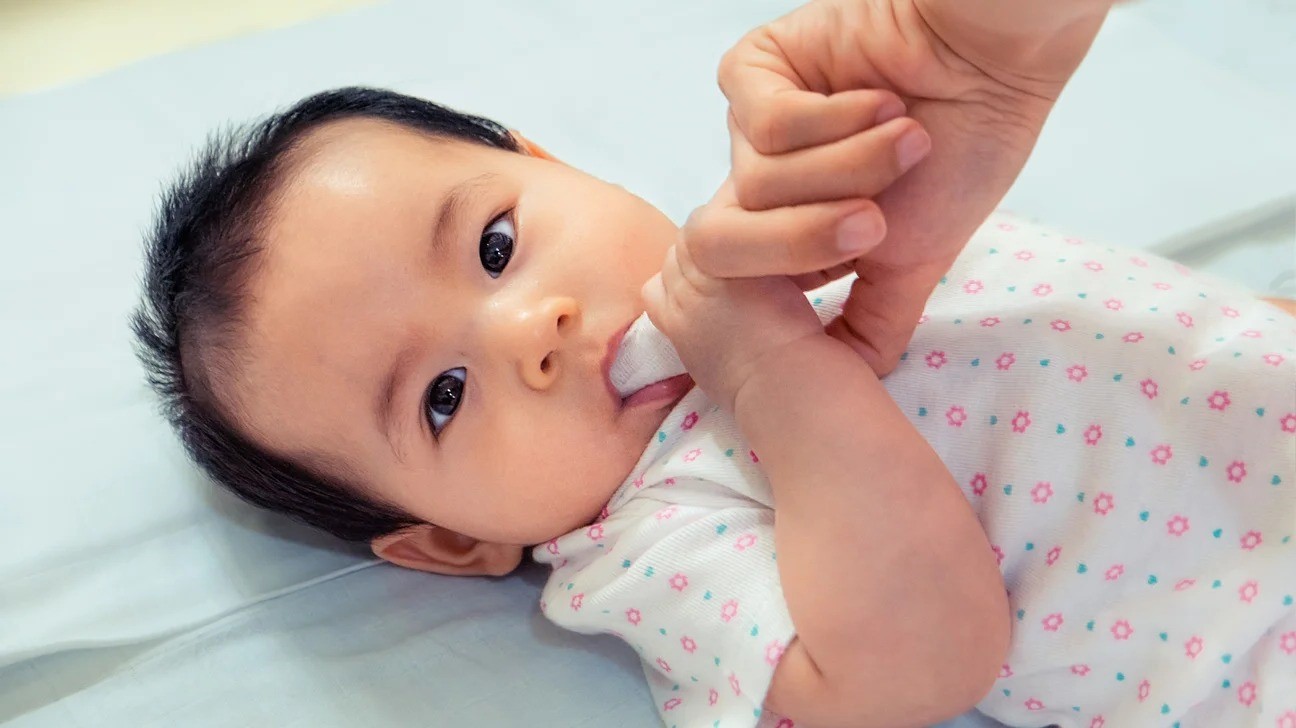

Parenting and Children
How To Clean Newborn Tongue
Published: February 25, 2024
Learn the best techniques for cleaning your newborn's tongue and maintaining good oral hygiene. Essential tips for parenting and children.
(Many of the links in this article redirect to a specific reviewed product. Your purchase of these products through affiliate links helps to generate commission for Noodls.com, at no extra cost. Learn more)
Table of Contents
Introduction
Welcoming a newborn into the world is a joyous and transformative experience for parents. As they embark on this remarkable journey, they are faced with a multitude of responsibilities, including ensuring the health and well-being of their precious little one. One crucial aspect of newborn care that is often overlooked is the importance of cleaning the baby's tongue. While it may seem like a minor detail, maintaining oral hygiene for newborns is essential for their overall health and development.
Newborns are born with a natural protective coating on their tongues, known as a "white tongue" or "milk tongue." This coating is a collection of milk residue, bacteria, and dead cells that can accumulate on the tongue's surface. If left unattended, it can lead to oral health issues and discomfort for the baby. Therefore, understanding the significance of cleaning a newborn's tongue is paramount for parents.
In the following sections, we will delve into the reasons why cleaning a newborn's tongue is crucial, the tools required for this task, a step-by-step guide to effectively clean the tongue, helpful tips to simplify the process, and when it is necessary to seek professional assistance. By gaining a comprehensive understanding of these aspects, parents can ensure that their newborn's oral hygiene is well-maintained, setting the stage for a healthy and happy start to their little one's life.
Why it's important to clean a newborn's tongue
Maintaining oral hygiene for newborns is a critical aspect of their overall well-being. While it may seem inconsequential, cleaning a newborn's tongue is essential for several reasons:
-
Preventing Oral Thrush: Newborns are susceptible to oral thrush, a common fungal infection caused by the overgrowth of Candida albicans in the mouth. This condition can manifest as white patches on the tongue and inside the cheeks, leading to discomfort for the baby. Regularly cleaning the newborn's tongue helps remove the milk residue and bacteria that contribute to the development of oral thrush.
-
Facilitating Feeding: A clean tongue can enhance the baby's feeding experience. The presence of a white coating on the tongue can affect the baby's ability to latch onto the breast or bottle properly, potentially causing feeding difficulties. By cleaning the tongue, parents can ensure that their baby's oral environment is conducive to comfortable and efficient feeding.
-
Preventing Bad Breath: The accumulation of milk residue and bacteria on the tongue can contribute to unpleasant breath in newborns. Cleaning the tongue helps eliminate these factors, promoting fresher breath and a more pleasant experience for both the baby and caregivers.
-
Promoting Oral Health: Establishing good oral hygiene practices from an early age sets the foundation for lifelong oral health. By incorporating tongue cleaning into the baby's care routine, parents instill healthy habits that can benefit the child as they grow older.
-
Enhancing Overall Comfort: A clean tongue contributes to the baby's overall comfort and well-being. Removing the white coating can prevent irritation and discomfort, ensuring that the baby's oral cavity remains clean and healthy.
In essence, cleaning a newborn's tongue is not merely a matter of hygiene; it is a fundamental aspect of nurturing the baby's oral health and overall comfort. By recognizing the importance of this practice, parents can actively contribute to their newborn's well-being and development from the earliest stages of life.
Tools needed for cleaning
When it comes to cleaning a newborn's tongue, having the right tools is essential to ensure thorough and gentle care. Here are the key tools needed for this important task:
-
Soft, Clean Cloth or Gauze: A soft, clean cloth or gauze is the primary tool for cleaning a newborn's tongue. It should be gentle and free of any rough textures that could potentially harm the delicate oral tissues of the baby. The cloth or gauze will be used to gently wipe the baby's tongue, effectively removing any residue or buildup.
-
Sterilized Water: Using sterilized water is crucial to ensure that the cleaning process is hygienic and safe for the baby. It is important to avoid using tap water, as it may contain impurities that could be harmful to the baby's delicate oral environment. Sterilized water provides a clean and safe solution for moistening the cloth or gauze before gently wiping the baby's tongue.
-
Baby Toothbrush (Optional): In some cases, parents may choose to use a specially designed baby toothbrush for cleaning their newborn's tongue. If opting for a baby toothbrush, it is important to select one with ultra-soft bristles to prevent any discomfort or damage to the baby's delicate oral tissues. The toothbrush can be used in a gentle, circular motion to clean the tongue effectively.
-
Comfort Items: It is beneficial to have comfort items on hand, such as a pacifier or a small toy, to help soothe the baby during and after the tongue cleaning process. These items can provide comfort and distraction, making the experience more pleasant for the baby.
-
Proper Lighting: Adequate lighting is essential to ensure that the cleaning process is thorough and precise. Whether using natural light or a gentle, non-invasive light source, ensuring good visibility is crucial for effectively cleaning the baby's tongue.
By having these essential tools readily available, parents can approach the task of cleaning their newborn's tongue with confidence and care. Each tool plays a vital role in ensuring that the cleaning process is gentle, hygienic, and conducive to the baby's comfort. With the right tools at hand, parents can effectively maintain their newborn's oral hygiene, contributing to their overall health and well-being.
Step-by-step guide to cleaning a newborn's tongue
Cleaning a newborn's tongue is a delicate process that requires patience, gentleness, and attention to detail. By following a step-by-step approach, parents can effectively ensure that their baby's oral hygiene is well-maintained. Here's a comprehensive guide to cleaning a newborn's tongue:
-
Prepare the Environment: Find a comfortable and well-lit area to carry out the tongue cleaning process. It's essential to create a calm and soothing environment to help the baby feel at ease during the procedure.
-
Wash Your Hands: Before initiating the cleaning process, thoroughly wash your hands with soap and water. This step is crucial to prevent the transfer of any harmful bacteria to the baby's mouth.
-
Moisten the Cloth or Gauze: Take a soft, clean cloth or gauze and moisten it with sterilized water. Ensure that the cloth is not dripping wet, but adequately damp to facilitate gentle cleaning.
-
Gently Hold the Baby: With one arm supporting the baby's head and the other arm securing the body, gently position the baby in a way that allows easy access to their mouth. Maintaining a secure and comfortable hold is essential for the baby's safety and comfort.
-
Gently Wipe the Tongue: Using the moistened cloth or gauze, gently wipe the baby's tongue from the back to the front. Employ soft, circular motions to remove any residue or buildup on the tongue's surface. Take care to be gentle and avoid causing any discomfort to the baby.
-
Repeat if Necessary: If there is a significant amount of residue on the tongue, repeat the gentle wiping process to ensure thorough cleaning. It's important to be patient and thorough while cleaning the baby's tongue.
-
Comfort and Soothe the Baby: After the tongue cleaning process, offer the baby comfort items such as a pacifier or a small toy to soothe and distract them. Providing gentle reassurance and comfort can help the baby feel at ease after the cleaning procedure.
-
Dispose of the Cloth or Gauze: Once the tongue cleaning is complete, dispose of the used cloth or gauze appropriately. It's important to maintain cleanliness and hygiene throughout the process.
By following these step-by-step guidelines, parents can effectively clean their newborn's tongue, contributing to their oral health and overall well-being. This gentle and thorough approach ensures that the baby's oral hygiene is maintained in a manner that is safe, comfortable, and nurturing.
Tips for making the process easier
Cleaning a newborn's tongue can be a delicate task, but there are several tips and strategies that can make the process easier and more manageable for parents. By incorporating these helpful tips into the tongue cleaning routine, parents can ensure that the experience is gentle, effective, and conducive to the baby's comfort.
-
Establish a Routine: Integrate tongue cleaning into the baby's daily care routine to create familiarity and consistency. By making it a regular practice, both parents and the baby can become more accustomed to the process, leading to a smoother and more predictable experience.
-
Choose the Right Time: Select a time for tongue cleaning when the baby is calm and content, such as after a feeding or during a peaceful moment. Avoid attempting to clean the baby's tongue when they are fussy or irritable, as this can make the process more challenging.
-
Engage in Gentle Interaction: Prior to initiating the tongue cleaning process, engage in gentle interaction with the baby to create a sense of comfort and security. Singing a soothing lullaby or softly speaking to the baby can help ease any apprehension and make the experience more pleasant for them.
-
Utilize Distraction Techniques: Incorporate gentle distraction techniques, such as softly blowing on the baby's face or gently moving a colorful toy within their line of sight. These subtle distractions can help divert the baby's attention, making it easier to carry out the tongue cleaning process.
-
Seek Support from a Partner: If possible, enlist the support of a partner or family member to assist during the tongue cleaning process. Having an extra set of hands can make the task more manageable, especially when trying to maintain a secure hold on the baby while cleaning their tongue.
-
Remain Calm and Patient: Approach the tongue cleaning process with a calm and patient demeanor. Babies are highly attuned to the emotions of their caregivers, and maintaining a sense of tranquility can help reassure the baby and create a more relaxed environment for the cleaning process.
-
Monitor the Baby's Signals: Pay close attention to the baby's cues and signals throughout the tongue cleaning process. If the baby becomes distressed or uncomfortable, take a brief pause and offer soothing reassurance before continuing. Being attuned to the baby's needs can help make the process more responsive and nurturing.
-
Celebrate the Achievement: After completing the tongue cleaning, celebrate the achievement with the baby. Offer gentle praise, cuddles, and comforting words to reinforce the positive experience. This can create a sense of accomplishment and positivity surrounding the tongue cleaning routine.
By implementing these practical tips, parents can navigate the process of cleaning their newborn's tongue with greater ease and confidence. These strategies not only contribute to effective tongue cleaning but also foster a nurturing and supportive environment for the baby's oral hygiene care.
When to seek professional help
While cleaning a newborn's tongue is a routine aspect of oral hygiene care, there are instances where seeking professional help becomes necessary. It is essential for parents to be vigilant and attentive to any signs or symptoms that may indicate the need for professional intervention. Here are the circumstances in which seeking professional help is warranted:
-
Persistent White Coating: If the white coating on the newborn's tongue persists despite regular cleaning, it may indicate an underlying issue that requires professional assessment. A persistent white coating could be a sign of oral thrush or other oral health concerns that necessitate the expertise of a healthcare provider.
-
Unusual Discomfort or Irritation: Should the baby exhibit signs of unusual discomfort, irritation, or sensitivity in the oral cavity, it is advisable to consult a pediatrician or a pediatric dentist. These symptoms could be indicative of an oral condition that requires professional evaluation and appropriate treatment.
-
Unexplained Changes in Feeding Patterns: Any unexplained changes in the baby's feeding patterns, such as reluctance to feed, excessive fussiness during feeding, or difficulty latching onto the breast or bottle, should prompt parents to seek professional guidance. These changes could be related to oral issues that require expert assessment and intervention.
-
Presence of Lesions or Abnormalities: If parents observe any unusual lesions, discoloration, or abnormalities on the baby's tongue or oral tissues, it is crucial to seek professional evaluation. These visual indicators may signify underlying oral health issues that necessitate prompt attention from a healthcare professional.
-
Persistent Bad Breath: Persistent bad breath in newborns, despite consistent tongue cleaning and overall oral hygiene care, warrants professional assessment. It could be a symptom of an underlying oral condition that requires expert diagnosis and management.
-
Concerns about Oral Development: If parents have concerns about the baby's oral development, such as unusual tongue movements, difficulty with sucking, or abnormalities in the appearance of the tongue, seeking professional help is essential. Early intervention and assessment by a healthcare provider can address any potential developmental concerns.
In summary, while routine tongue cleaning is an integral part of newborn care, parents should remain vigilant for any signs or symptoms that deviate from the norm. Seeking professional help when encountering any of the aforementioned indicators ensures that the baby's oral health is comprehensively addressed by qualified healthcare professionals. Timely intervention and expert guidance can effectively address any underlying oral health issues, promoting the baby's well-being and oral development.
Conclusion
In conclusion, the practice of cleaning a newborn's tongue is a vital component of early infant care that holds significant implications for the baby's oral health and overall well-being. By understanding the importance of this seemingly small yet impactful task, parents can actively contribute to their newborn's comfort, oral hygiene, and developmental journey.
The significance of cleaning a newborn's tongue extends beyond mere hygiene; it encompasses essential aspects of preventive care, feeding facilitation, and the establishment of healthy oral habits from the earliest stages of life. Through gentle and consistent tongue cleaning, parents can mitigate the risk of oral thrush, promote comfortable feeding experiences, prevent bad breath, and lay the groundwork for lifelong oral health.
Equipped with the essential tools such as a soft, clean cloth or gauze, sterilized water, and proper lighting, parents can approach the task of cleaning their newborn's tongue with confidence and care. The step-by-step guide provided offers a comprehensive framework for carrying out this delicate process, ensuring that it is conducted in a gentle, effective, and nurturing manner.
Furthermore, incorporating practical tips to make the tongue cleaning process easier, such as establishing a routine, choosing the right time, and utilizing distraction techniques, can significantly enhance the overall experience for both the baby and caregivers. These strategies not only streamline the process but also foster a supportive and comforting environment for the baby's oral hygiene care.
It is crucial for parents to remain vigilant for any signs or symptoms that may warrant professional intervention, such as persistent white coating, unusual discomfort, changes in feeding patterns, or the presence of lesions or abnormalities. Seeking timely professional help when encountering these indicators ensures that any potential oral health issues are promptly addressed by qualified healthcare providers.
In essence, by prioritizing the cleaning of their newborn's tongue and being attuned to the baby's oral health needs, parents play a pivotal role in nurturing their baby's overall well-being. Through this proactive approach, they contribute to the establishment of healthy oral hygiene practices that can positively impact the baby's development and long-term oral health.
By recognizing the significance of cleaning a newborn's tongue and embracing it as an integral part of early infant care, parents can embark on this journey with confidence, knowing that they are actively promoting their baby's oral health and overall comfort from the very beginning.


